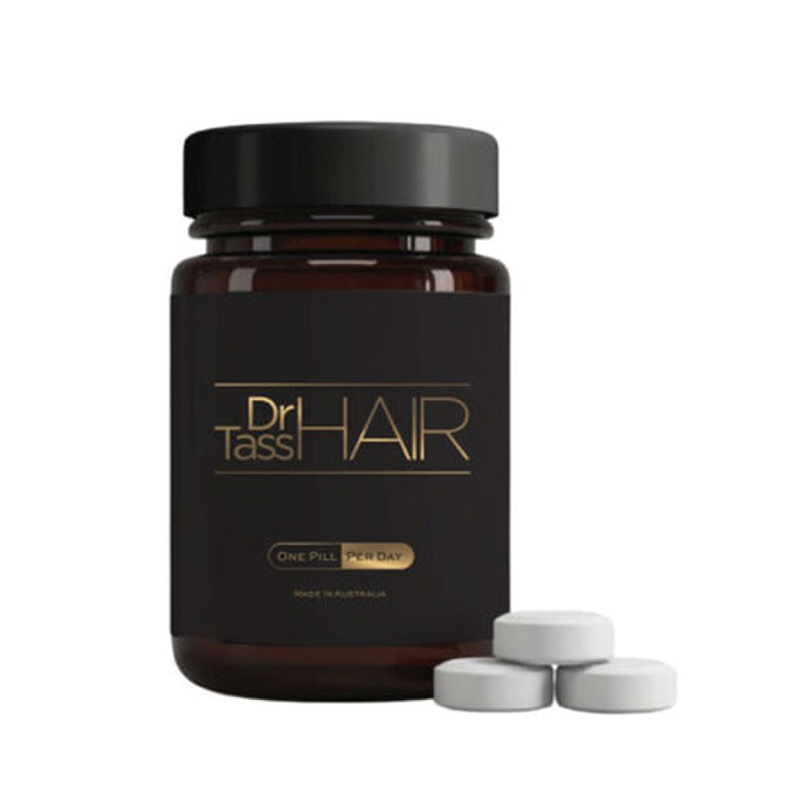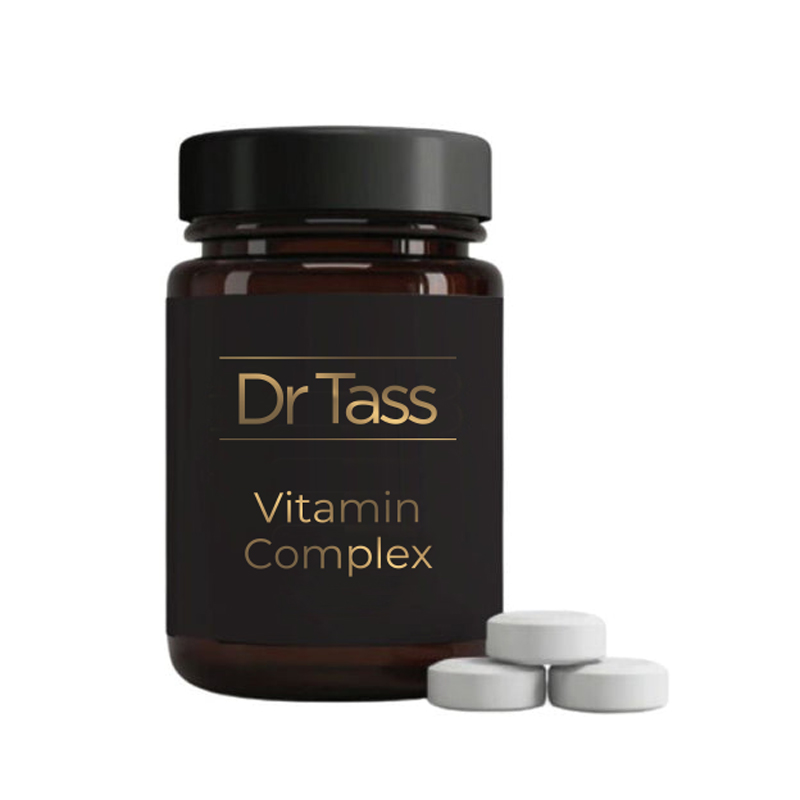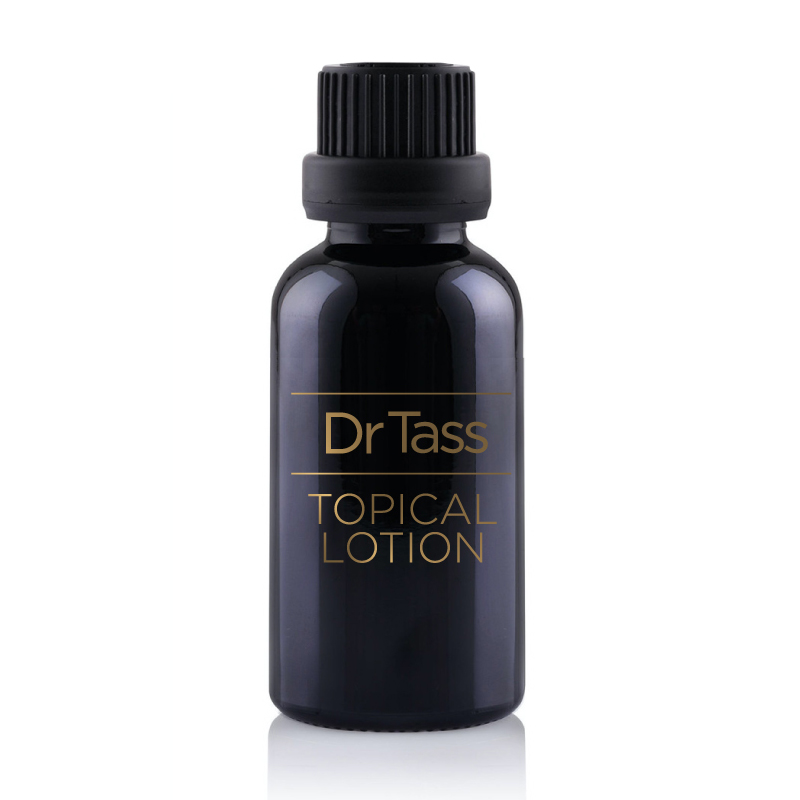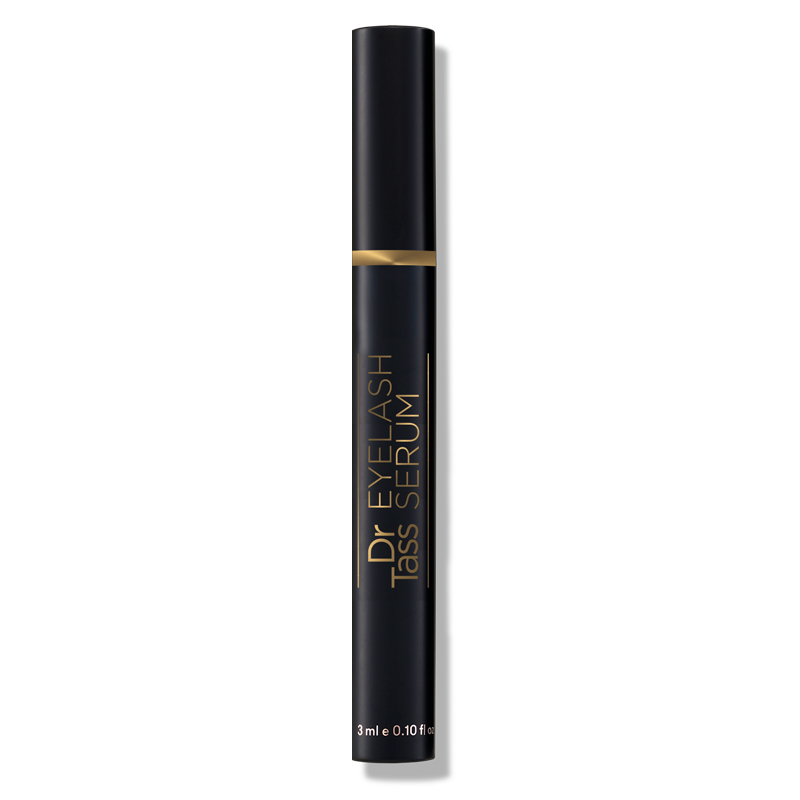Is Your Diet Contributing to Hair Loss?
When it comes to hair loss, most of us instinctively think of genetics, stress or hormonal imbalances. But what many people overlook is one of the most common — and most preventable — causes: malnutrition.
If your hair is thinning, shedding excessively or losing its natural shine, your diet might be to blame.
Let’s break down how nutrition impacts hair health and the key nutrients your scalp and follicles crave.
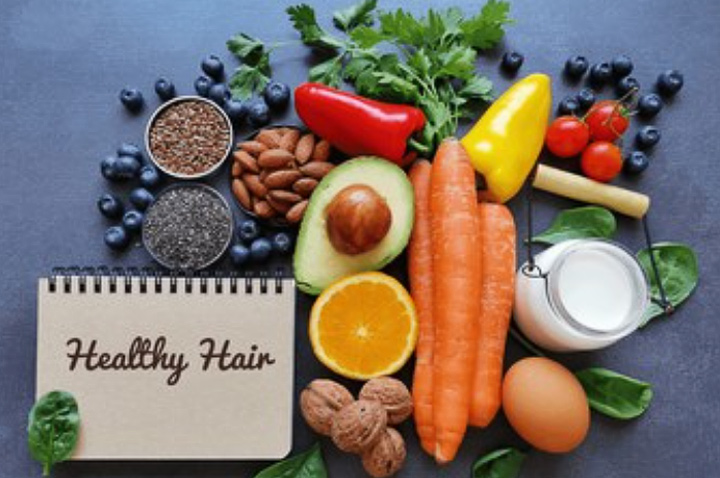
Why Nutrition Matters for Hair Growth
Hair is one of the fastest-growing tissues in the human body — but it’s also non-essential. That means when your body is lacking nutrients, it prioritises vital organs like your heart, brain and liver over “extras” like your hair.
The result? Slower hair growth, weak strands, and increased shedding.
According to research, Nutritional deficiency may impact both hair structure and hair growth. Effects on hair growth include acute telogen effluvium (TE), a well-known effect of sudden weight loss or decreased protein intake, as well as the diffuse alopecia seen in niacin deficiency. Studies have also reported potential associations between nutritional deficiency and chronic telogen effluvium, androgenetic alopecia (AGA), female pattern hair loss (FPHL), and alopecia areata (AA).
Signs of Nutrition-Related Hair Loss
• Diffuse thinning across the scalp
• Excessive shedding when brushing or washing
• Brittle, dry or dull-looking hair
• Slower regrowth after shedding
• Increased hair breakage
Key Nutrients Essential for Hair Health
1. Protein
Hair is made of keratin — a type of protein. Without enough dietary protein, the body cannot support healthy hair structure or growth.
2. Iron
Iron deficiency (especially common in women) is one of the leading causes of hair loss. Low iron affects oxygen flow to hair follicles, which disrupts the growth cycle.
3. Zinc
Zinc supports cell repair and growth. A deficiency can weaken hair follicles and lead to shedding.
4. Vitamin D
Studies show that low vitamin D levels are linked to hair thinning and alopecia. This vitamin plays a role in follicle cycling and immune regulation.
5. Biotin (Vitamin B7)
Biotin helps strengthen hair and nails, and although true deficiency is rare, low levels can lead to brittle, thinning hair.
6. Omega-3 Fatty Acids
These healthy fats nourish the scalp, reduce inflammation, and support healthy hair structure.
7. Vitamin A & E
These antioxidants help the scalp produce sebum (natural oils), protect against damage, and support overall follicle health.
How to Support Hair Through Nutrition
• Incorporate lean proteins like chicken, eggs, tofu, or legumes
• Eat plenty of dark leafy greens for iron, folate, and antioxidants
• Add nuts, seeds, and oily fish for omega-3s and zinc
• Include whole grains and fortified cereals for B vitamins
• Don’t forget a daily dose of sunlight or vitamin D supplements
Kick-Start Your Hair Growth
Even with a well-balanced diet, some people may not absorb nutrients efficiently due to underlying gut or metabolic conditions. In these cases, supplementation and prescribed treatments like the Dr Tass HAIR Pill (link) and Dr Tass HAIR Vitamin Complex (link) can be highly beneficial.
At Dr Tass Cosmetic & Skin Clinics, we take a holistic approach to hair restoration — combining in-clinic treatments with scientifically research oral treatments.
Discover the right treatment for your hair goals today by exploring our Dr Tass HAIR product range.
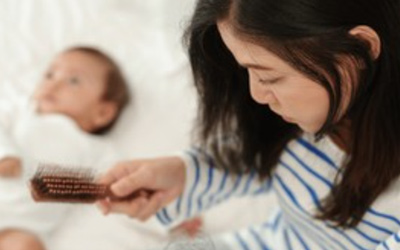
Post Partum Hair Loss | Everything You Need To Know
Postpartum Hair Loss: Causes, Recovery & Hair Regrowth Solutions Why Does Postpartum Hair Loss Happen? If you've...
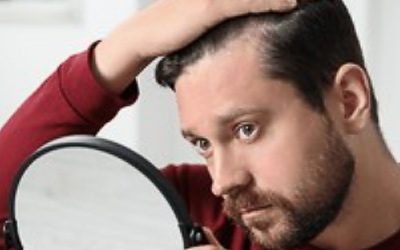
Understanding Hair Loss: Causes & Effective Treatments
Understanding Hair Loss: Causes & Effective Treatments Hair loss is a common concern, affecting over 50% of Australian...


